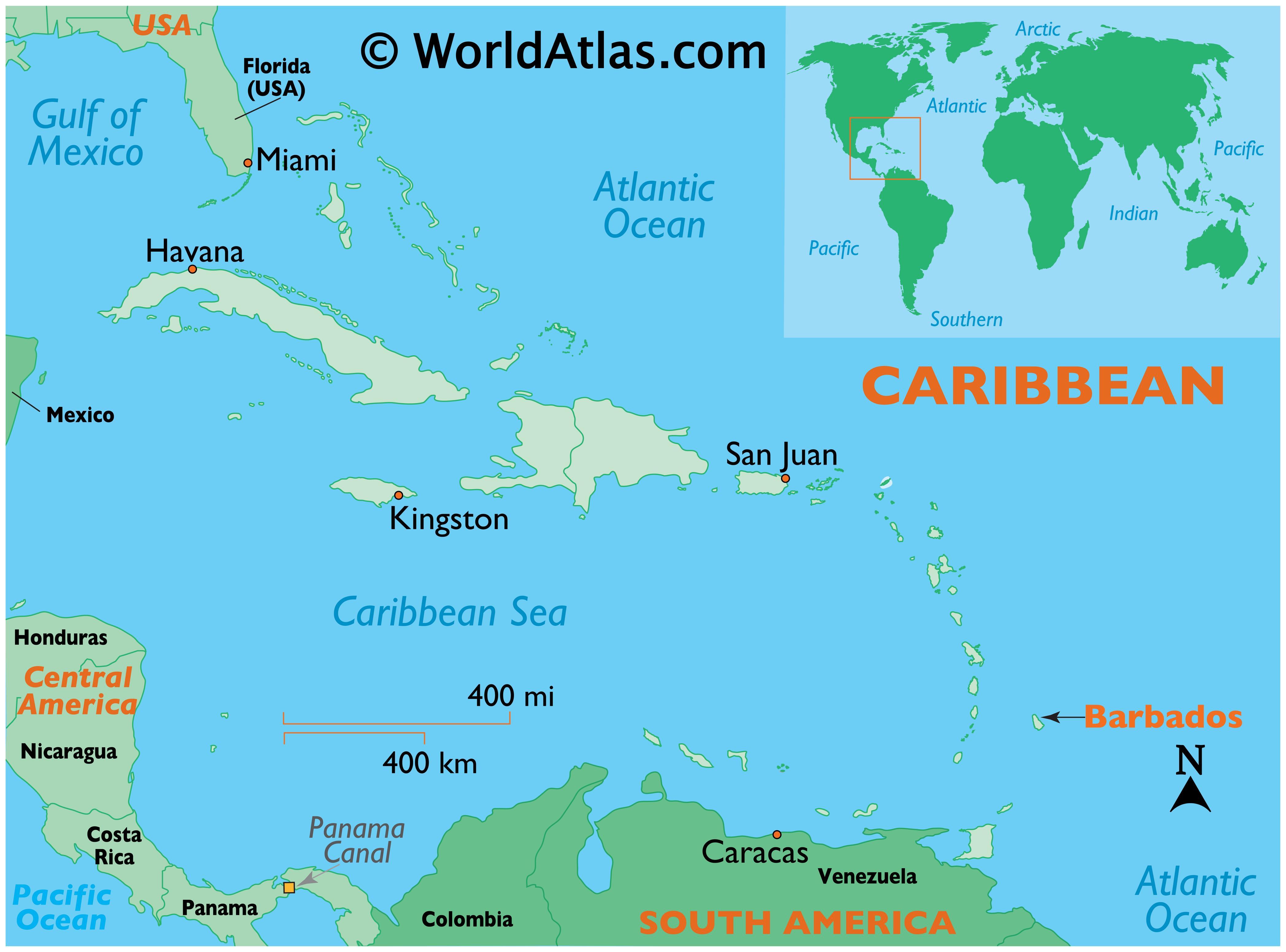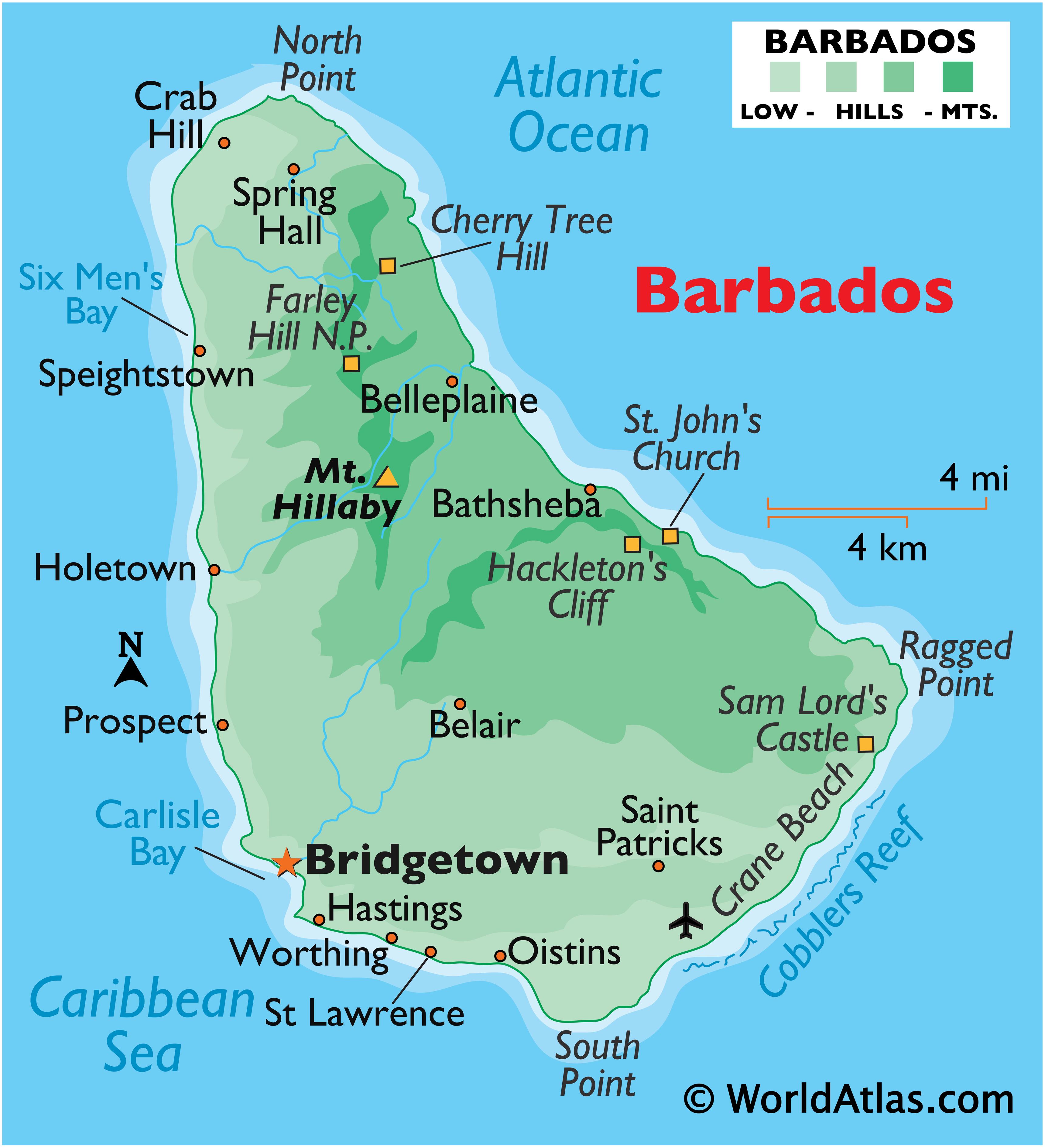The Star Side of Bird Hill
by Naomi Jackson
If not for this blog, I would have never picked up this book, and that would have been a real shame since The Star Side of Bird Hill by Naomi Jackson turned out to be a gem of a story. I'm definitely someone who judges a book by its cover, and that includes the title as well as the picture on the jacket. For this book, I don't like either. The title pairs words that don't normally go together, which means it didn't stick in my mind, spark my imagination, or attract me to pick up the book and take a closer look. Turns out that the title makes perfect sense after you read the story, of course, as does the ugly cover picture of a Carnaval-like clown. But because of my "so many books, so little time" mantra, the visual and auditory stimulants that the title and cover image provide are often what draws me to or repels me from selecting my next book to read. Fortunately, I needed a Barbados book, and this one showed up as one that Amazon.com recommended just for me. And it was fantastic.
The Star Side of Bird Hill is a coming of age story about two sister, Dionne and Phaedra, who are sent to live with their grandmother, Hyacinth, in their homeland of Barbados when their mother becomes ill. Dionne is 16, at a time in her life where leaving Brooklyn for the small island community of Bird Hill is in no way appealing and completely counter to her life vision at that juncture. She conveys her frustration and disappointment in the way adolescents often do, through rebellion, disrespect, and pushing Hyacinth's boundaries at every opportunity, but we also see a glimpse of her relief at being discharged from the adult responsibilities her mother's illness had foisted upon her. She no longer has to find food, resolve crises, or act as a parent to Phaedra, who at 10, is more easy-going and open to her new life. Phaedra's character is strength and grit and softness, all at the same time. She wears her heart on her sleeve but stands up to anyone who might want to bruise it in any way. NPR's review says "the book ... belongs to Phaedra," and I agree. Because of Phaedra, you love Dionne despite her obnoxiousness, empathize with the girls' mother (who is an invisible character, never actually appearing in person), and wish you could sit down for a cup of coffee with Hyacinth to learn more about her life.
Jackson takes a long time to set up the novel, and during the first third or so of the book, I wondered if I would wind up judging the content as I had the cover. But once the current setting is staged, Jackson takes us deeper into what went on in Brooklyn and also in Bird Hill many years previously, before the girls' mother left home. That context informs the richness of what's happening in the moment with Dionne, Phaedra, and Hyacinth as they forge ahead with their changed relationships and their new sense of what must become normal. There is tragedy at the end. More tragedy than two young girls would likely cope with well, and in fact, Dionne struggles. But Hyacinth and Phaedra are steady in their love and support, and Bird Hill proves to be the best possible backdrop for healing and for hope.


